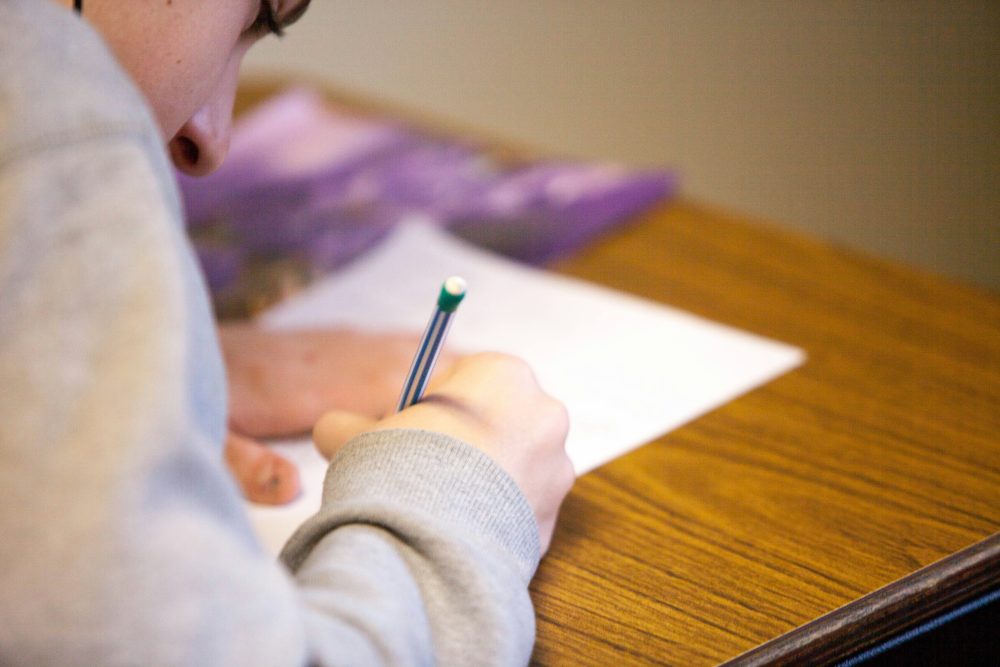-
FindTutors, in collaboration with GoStudent, reports growing concerns among parents about exam-related stress in children.
-
NHS statistics reveal anxiety cases in children have more than doubled compared to pre-pandemic levels.
-
With the end of Stress Awareness Month approaching, experts highlight the need for proactive mental health support in education.
Private tutoring platform FindTutors, supported by GoStudent, has identified a major concern among parents: that stress management is the most overlooked skill in UK schools today.
This insight is part of the forthcoming Education Report, which surveyed 1,000 parents and guardians across the UK. The study highlights increasing concerns about how children are prepared for the pressures of exams and academic life.
As revision season begins, thousands of students are facing increased pressure to perform. Despite initiatives such as Stress Awareness Month aiming to address this issue, many parents feel current school efforts fall short in offering real stress-reducing strategies.
The Association of School and College Leaders’ 2024 study found that 77% of teachers had seen signs of stress-induced mental health problems in Year 11 students. The NHS also reports a sharp spike in anxiety-related referrals for young people – now more than double the rates seen before the COVID-19 pandemic.
Tiara Junanto at FindTutors and former teaching assistant, provides five tips for both students and parents to help cope with exam stress over the coming weeks.
“
Preparing for and sitting exams can be incredibly stressful, and without the right tools or knowledge to deal with this, it can quickly spiral into more serious issues.
“The most important thing by far is sleep. We’ve all been there, working on a particularly tricky subject late in the day, and it is tempting to keep going at the expense of a good night’s sleep. This is almost always a mistake, with poor quality or insufficient sleep shown by multiple studies to reduce your attention span and how effective your brain is at understanding things. Aim to get at least 8 hours a night, even on busy days.
“Alongside this comes exercise and nutrition. Grabbing the microwave meal or skipping that run to do a few extra hours of revision sounds like a good idea, but if you have weeks or months to go until the end of exam season it will quickly catch up with you. Exercise can be a fantastic stress reliever and provides your brain with a much-needed break from studying.
“As exams get closer, try and share your feelings with other students or friends, discussing your experiences can help you feel more in control of situations and hearing that others are going through a similar time can be reassuring. But make sure it doesn’t just become a competition to see who is doing the most revision, which is never helpful. Also make sure that you get help from a professional, if you need.
“On the day of, or night before, exams, try and take some time to relax. Techniques such as deep breathing exercises or mindfulness can help you feel less stressed and if you’ve already put in the work, will be more beneficial than any last-minute cramming and certainly better than a night without sleep.
“Finally, don’t discuss the exam with your friends afterward. It is very tempting to try and compare answers to reassure yourself that you have done well, but this can be unhelpful for both you and your friends when you are powerless to do anything about the outcome. This is especially true if you still have more exams to come. Try to let it go and forget about it.”





